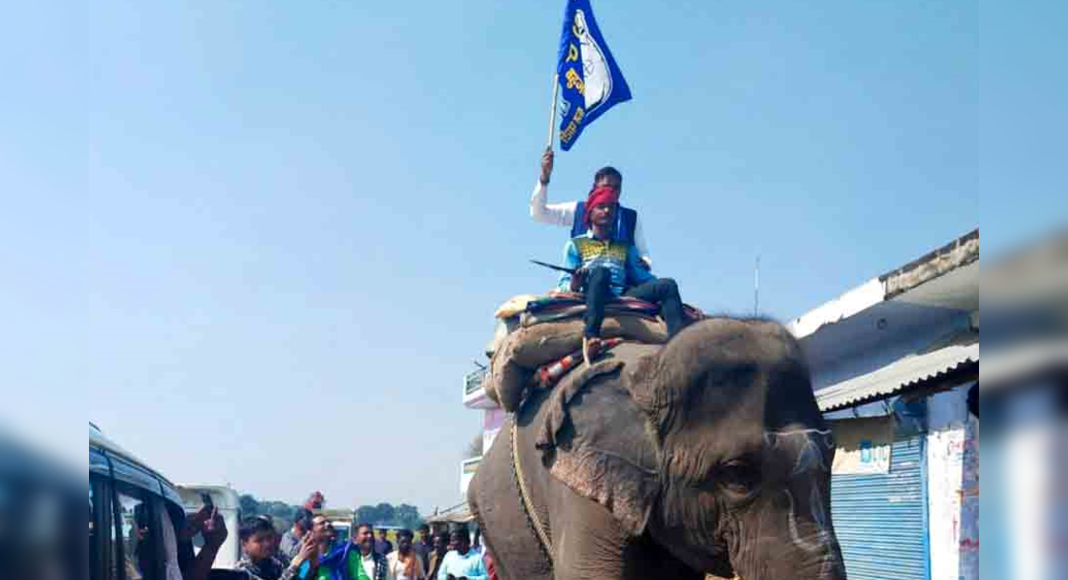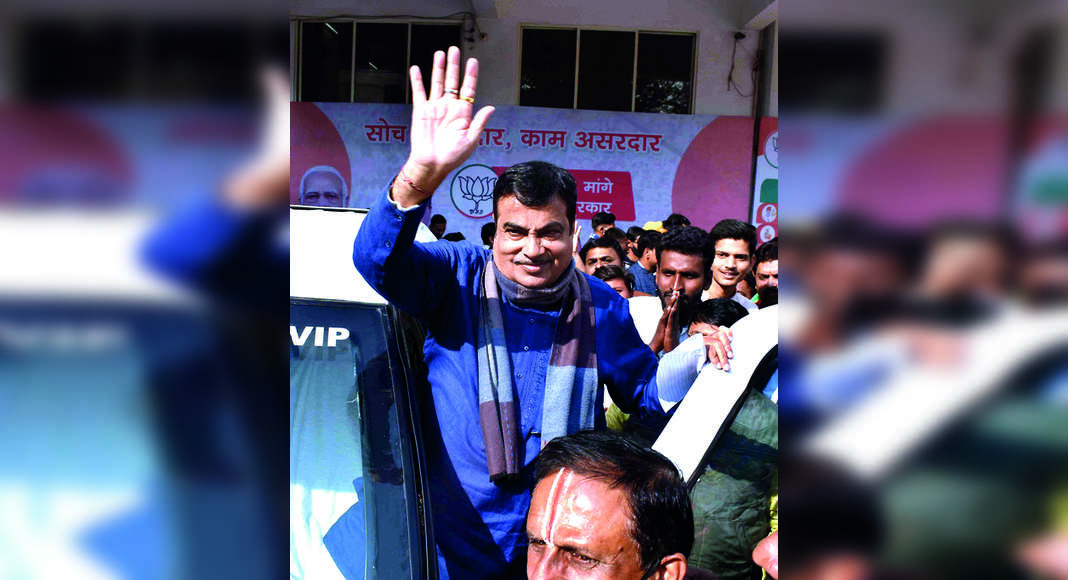VARANASI/PRAYAGRAJ: An international team of scientists has contradicted the findings of a study carried out by the Max Planck Institute, Germany on a group of people comprising natives and Bangladeshi migrants in the United Kingdom (UK), suggesting that infection and susceptibility rate risk in Covid-19 pandemic is 50% in terms of South Asians as compared to only 16% in Europeans.
The genetic variants responsible for Covid-19 severity among Europeans may not play a role in Covid-19 susceptibility among South Asians, the team concluded.
To debunk the claim, the international team analysed the role of the DNA segment mentioned in the Max Planck Institute study and found that the ‘UK theory’ does not stand ground when the data in India and Bangladesh is analysed in three different time frames of year 2020.
The Max Planck Institute scientists studied variations in a specific DNA segment in the UK group and found that modern humans inherited this DNA from Neanderthals and is strongly associated with severe Covid-19 infection and hospitalisation.
They then suggested that the genome, responsible for severe infection of Covid-19, is present in 50% of South Asians and just 16% Europeans.
The recent study conducted by a team of scientists from Switzerland, India and Bangladesh has concluded that the genetic variants responsible for Covid-19 severity among Europeans in fact may not play a role in Covid-19 susceptibility among South Asians.
This finding has been published in the journal ‘Scientific Reports’, published by Nature, US.
The team was led by director, Centre for DNA Fingerprinting and Diagnostics & chief scientist, CSIR-Centre for Cellular and Molecular Biology (CCMB), Hyderabad Kumarasamy Thangaraj and Prof Gyaneshwer Chaubey of the Banaras Hindu University (BHU), Varanasi.
“In this study, we have compared infection and case fatality rates with South Asian genomic data over three different timelines during the pandemic.
We have especially looked into a large number of populations from India and Bangladesh,” said Thangaraj.
“Our result reiterates the unique genetic origin of South Asian populations and we suggest a dedicated genome-wide association study on South Asian Covid-19 patients is the need of the hour in the Asian sub-continent,” said Prajjval Pratap Singh, first author of this study.
“Due to the long-term and complex genomic history of South Asia, it is likely that we’ll always experience a variable degree of susceptibility for a disease.
This study is consistent with our previous work on ACE2 gene which showed a strong genetic correlation with cases and case fatality rate in India in comparison to presence of ACE2 gene in Indian population,” said Prof Chaubey.
The study also suggests that the genetic variants correlated with Covid-19 outcomes differ significantly among caste and tribal populations of Bangladesh.
“Scientists working in the area of population studies should be more cautious to interpret their findings by differentiating caste and tribal populations, more explicitly so in the Bangladeshi population,” said Prof George van Driem of the University of Bern, Switzerland, a renowned linguist and co-author of the study.
The study also suggests that the genetic variants correlated with Covid-19 outcomes differ significantly among caste and tribal populations of Bangladesh.
“Scientists working in the area of population studies should be more cautious to interpret their findings by differentiating caste and tribal populations, more explicitly so in the Bangladeshi population.
Apart from host genomics we should also focus on which variants are likely to escape the host defence of those already vaccinated,” said the director of the Institute of Science, BHU, Prof.
Anil K Tripathi.
“Apart from host genomics we should also focus on which variants are likely to escape the host defence of those already vaccinated,” said Prof Tripathi.
Other participants of this study are Anshika Srivastava and Nargis Khanam from BHU, Varanasi; Dr Abhishek Pathak and Prof Royana Singh, Institute of Medical Sciences, BHU; Dr Gazi Sultana from Dhaka University, Bangladesh; Dr Pankaj Shrivastava, Forensic Science Laboratory, Sagar, MP; and Dr Prashanth Suravanjhala, Birla Institute of Scientific Research, Jaipur.





